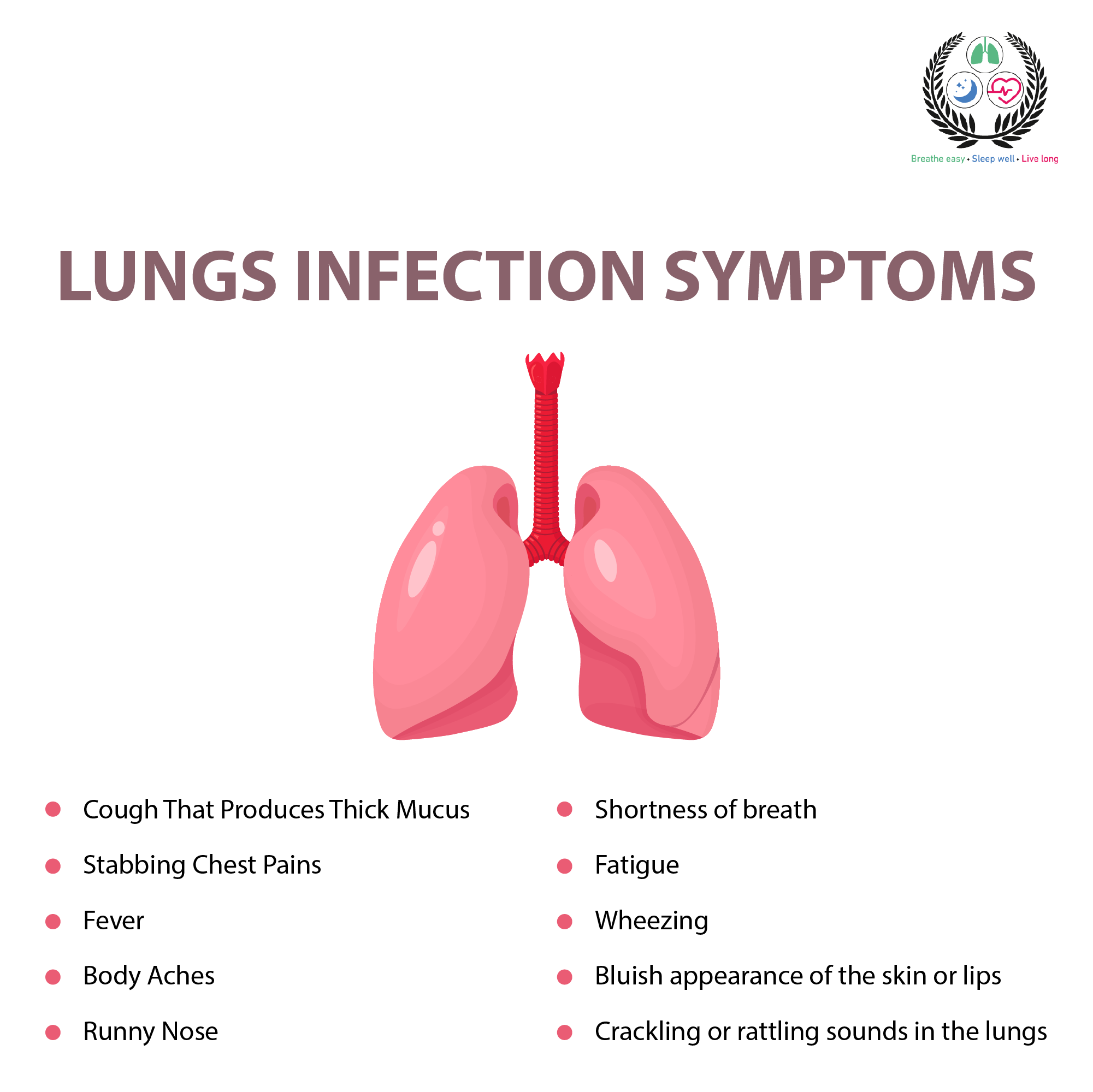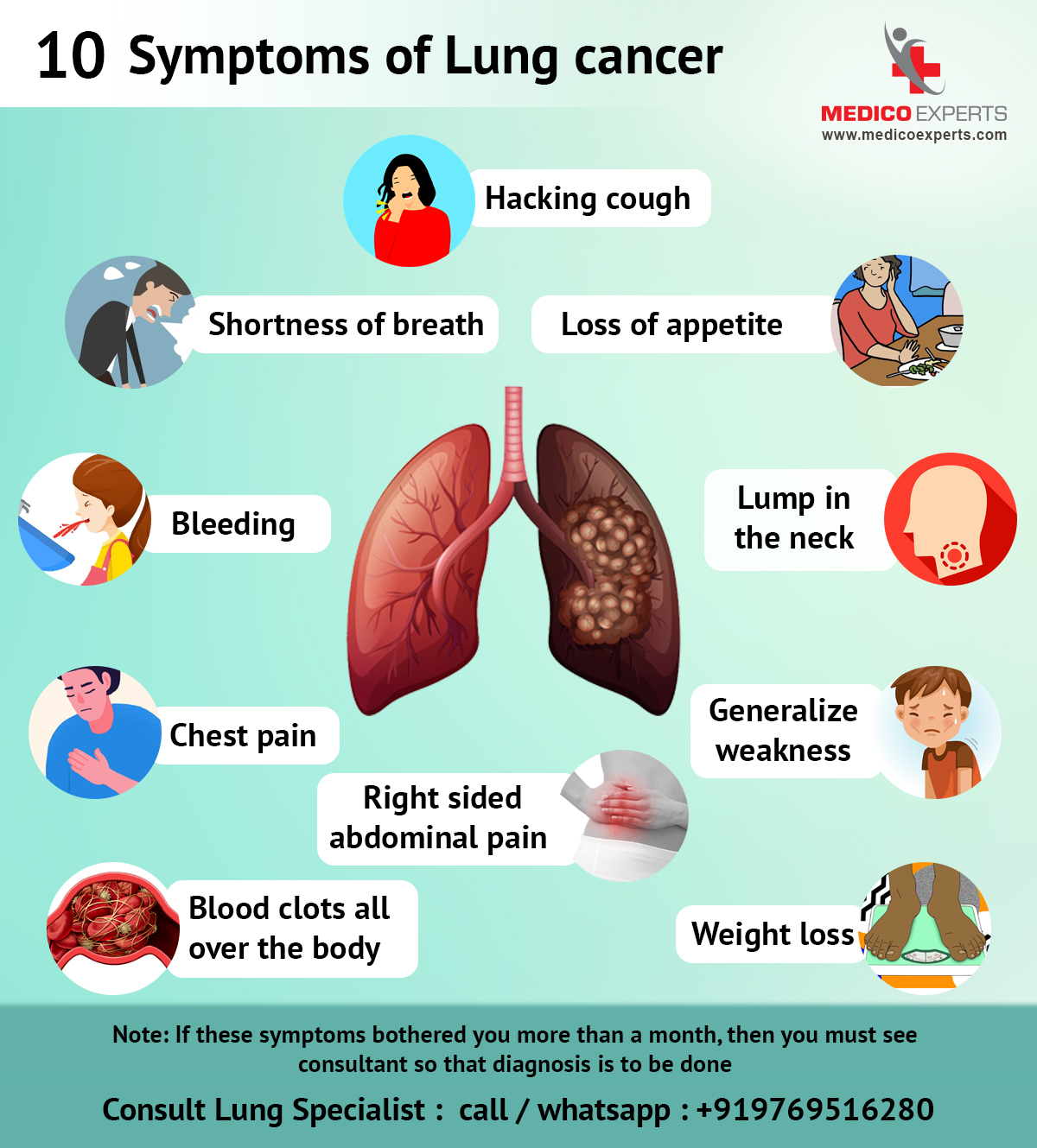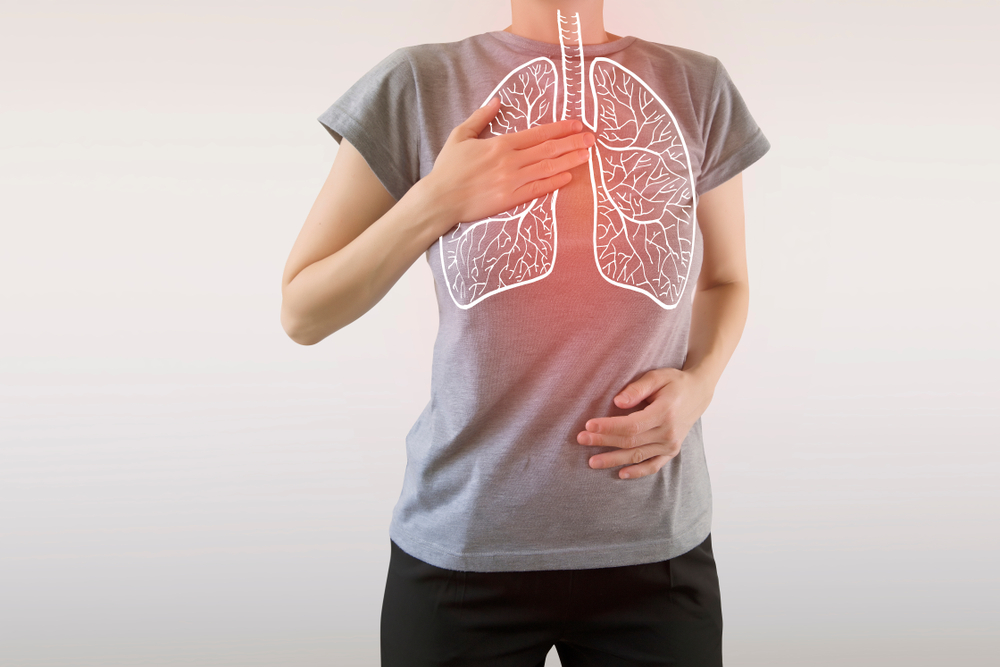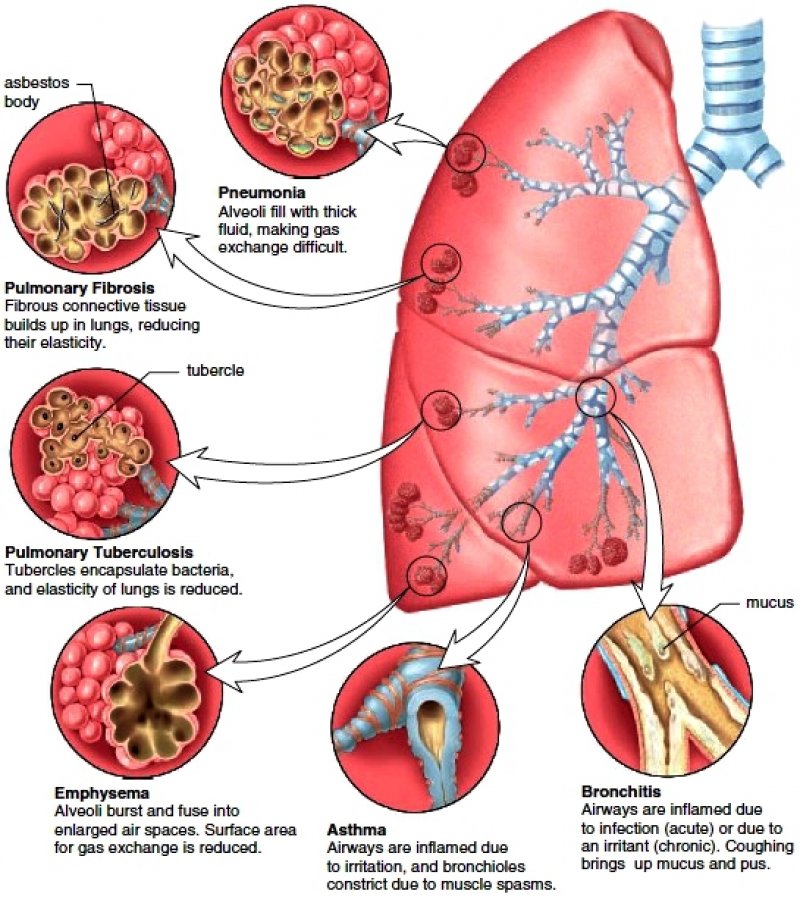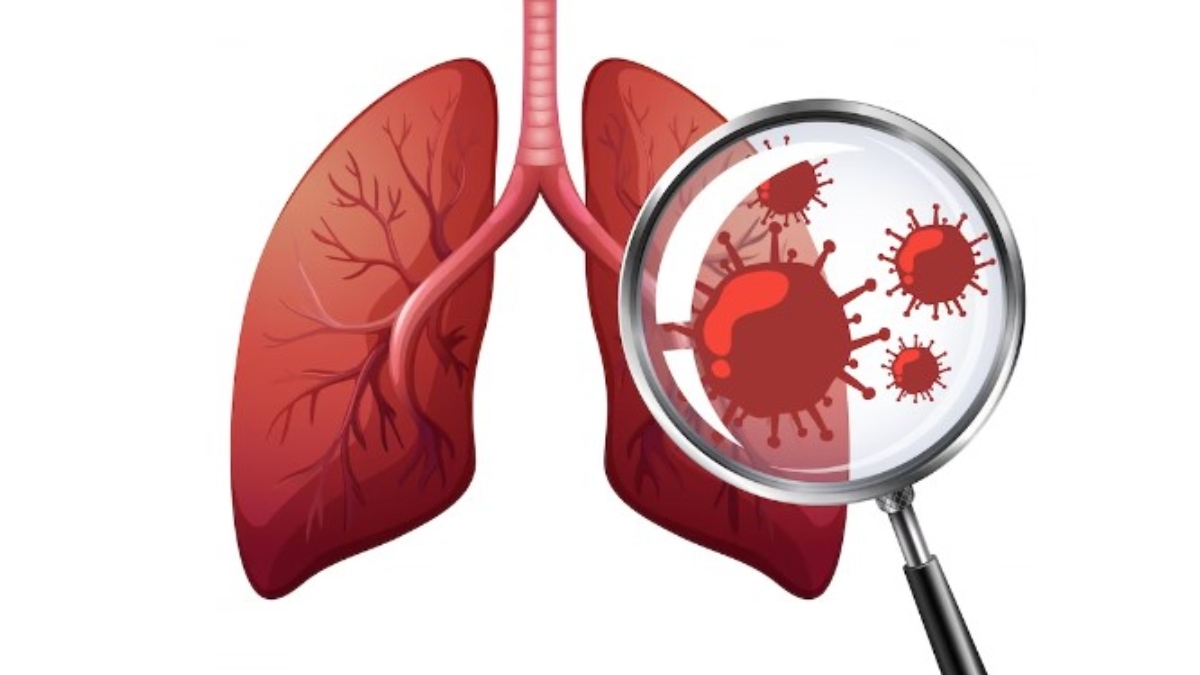Outrageous Info About How To Treat A Lung Infection

After listening to your lungs, your healthcare provider may take:
How to treat a lung infection. If bacteria have caused your infection, the main treatment is antibiotics. Antibiotics aren’t recommended for many chest infections,. If you have covid pneumonia, expect to stay in the.
You may also be given oxygen to help you breathe. Therefore, prevention is the best method to ward off harmful respiratory infections. Infections usually go away on their own.
If you have a bacterial infection, you’ll be treated with antibiotics. Treatments recovery time prevention when to see a doctor outlook a chest infection can develop due to an infection in the lower respiratory tract. A nasal or throat swab 2.
Summary a lung infection occurs when a dangerous microbe, such as a bacterium or a virus, gets into the lungs and causes damage. Treatment will depend on your age and the type of pneumonia you have. An infection in your lungs that causes inflammation and fluid to build up, making it hard to breathe.
What is a respiratory infection?. Pneumonia causes your lung tissue to swell (inflammation). Blood these fluids can help identify the cause of the infection—for example, bacteria and viruses.
A sample of the stuff you cough up (sputum) 3. Pneumonia is an infection in your lungs caused by bacteria, viruses or fungi. Lung infections are often diagnosed by a primary care provider.
In a mild case, you can take these at home in tablet form. Treatment doctors & departments overview pneumonia and your lungs enlarge image pneumonia is an infection that inflames the air sacs in one or both. Treatment 3 min read bacterial pneumonia is an infection of your lungs caused by certain bacteria.
What is pneumonia? Coughing actually helps you clear the infection more quickly by getting rid of the phlegm from your lungs. A pharmacist can recommend cough medicines to loosen the mucus in your lungs.
During bronchoscopy, your doctor may flush a section of your lung with a saltwater solution to collect lung cells and other materials. To make sure the infection hasn’t spread from the lungs to other parts of the body, clinical tests of blood samples may be required. The most common one is streptococcus (pneumococcus), but other bacteria.
If you have a severe bacterial chest. This will make the mucus easier to cough up and help clear the infection from your lungs. Pneumonia is a common lung infection where the lungs’ air sacks become inflamed.


